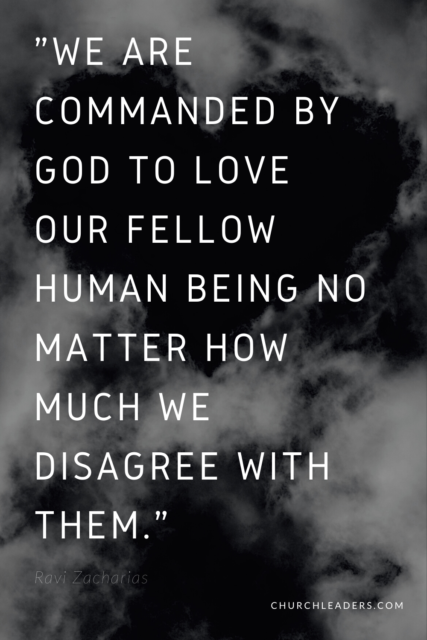Broken-Down House
Life in this terribly broken world is hard. You are constantly dealing with the frustration of this world not operating the way God intended. You are always facing the unexpected. Almost daily you are required to deal with something you wouldn’t have chosen for your life, but it’s there because of the location where we live. Life right here, right now is like living in a disheveled house that has begun to fall down on its own foundation. It is still a house, but it doesn’t function as it was meant to. The doors constantly get stuck shut. The plumbing only occasionally works properly. You are never sure what’s going to happen when you plug an appliance in, and it seems that the roof leaks even when it’s not raining. So it is with the world that you and I live in. It really is a broken-down house.
Now, there are really only two responses we can have to the brokenness that complicates all of our lives: cursing or mourning. Let’s be honest. Cursing is the more natural response. We curse the fact that we have to deal with flawed people. We curse the fact that we have to deal with things that don’t work right. We curse the fact that we have to deal with pollution and disease. We curse the fact that promises get broken, relationships shatter, and dreams die. We curse the realities of pain and suffering. We curse the fact that this broken-down world has been assigned to be the address where we live. It all makes us irritated, impatient, bitter, angry, and discontent. Yes, it’s right not to like these things. It’s natural to find them frustrating, because as Paul says in Romans 8, the whole world groans as it waits for redemption. But cursing is the wrong response. We curse what we have to deal with because it makes our lives harder than we want them to be. Cursing is all about our comfort, our pleasure, our ease. Cursing is fundamentally self-centered.
Mourning is the much better response. Mourning embraces the tragedy of the fall. Mourning acknowledges that the world is not the way God meant it to be. Mourning cries out for God’s redeeming, restoring hand. Mourning acknowledges the suffering of others. Mourning is about something bigger than the fact that life is hard. Mourning grieves what sin has done to the cosmos and longs for the Redeemer to come and make his broken world new again. Mourning, then, is a response that is prompted by grace.
The Evidence of Grace
Yes, your life is messy and hard, but that’s not a failure of the plan; it is the plan. It’s God working to complete what he’s begun in you.
It is so very different from the way we normally think about grace. It’s not the way we tend to think about God’s love. It doesn’t seem wise and good to us. It causes us to question God’s faithfulness and love. It’s just not what we thought we signed on for when we placed our trust in Jesus Christ. It’s not a typical definition of the good life, and it causes us to think at times that God isn’t paying attention and that the bad guys are winning.
You are tempted to think that because you’re God’s child, your life should be easier, more predictable, and definitely more comfortable. But that’s not what the Bible teaches. Instead, it reveals that struggles are part of God’s plan for you. This means that if you’re God’s child, you must never allow yourself to think that the hard things you are now going through are failures of God’s character, promises, power, or plan. You must not allow yourself to think that God has turned his back on you. You must not let yourself begin to buy into the possibility that God is not as trustworthy as you thought him to be. You must not let yourself do any of these things, because when you begin to doubt God’s goodness, you quit going to him for help. You see, you don’t run for help to those characters you have come to doubt.
God has chosen to let you live in this fallen world because he plans to employ the difficulties of it to continue and complete his work in you. This means that those moments of difficulty are not an interruption of his plan or the failure of his plan, but rather an important part of his plan. I think there are times for many of us when we cry out for God’s grace and we get it—but not the grace that we’re looking for. We want the grace of relief or release. We get those in little pieces, but largely they are yet to come. What we all really need right now is the grace of transformation. God’s grace is not always pleasant. It often comes in the form of something we never would have chosen to go through if we were controlling the joystick.
We all need to teach and encourage one another with the theology of uncomfortable grace, because on this side of eternity, God’s grace often comes to us in uncomfortable forms. It may not be what you and I want, but it is precisely what we need. God is faithful; he will use the brokenness of the world that is your present address to complete the loving work of personal transformation that he has begun.
This side of eternity in this broken world, cursing is the default language of the kingdom of self; but mourning is the default language of the kingdom of God. Which language will you speak today?
Content adapted from New Morning Mercies by Paul David Tripp. This article first appeared on Crossway.org; used with permission.




















